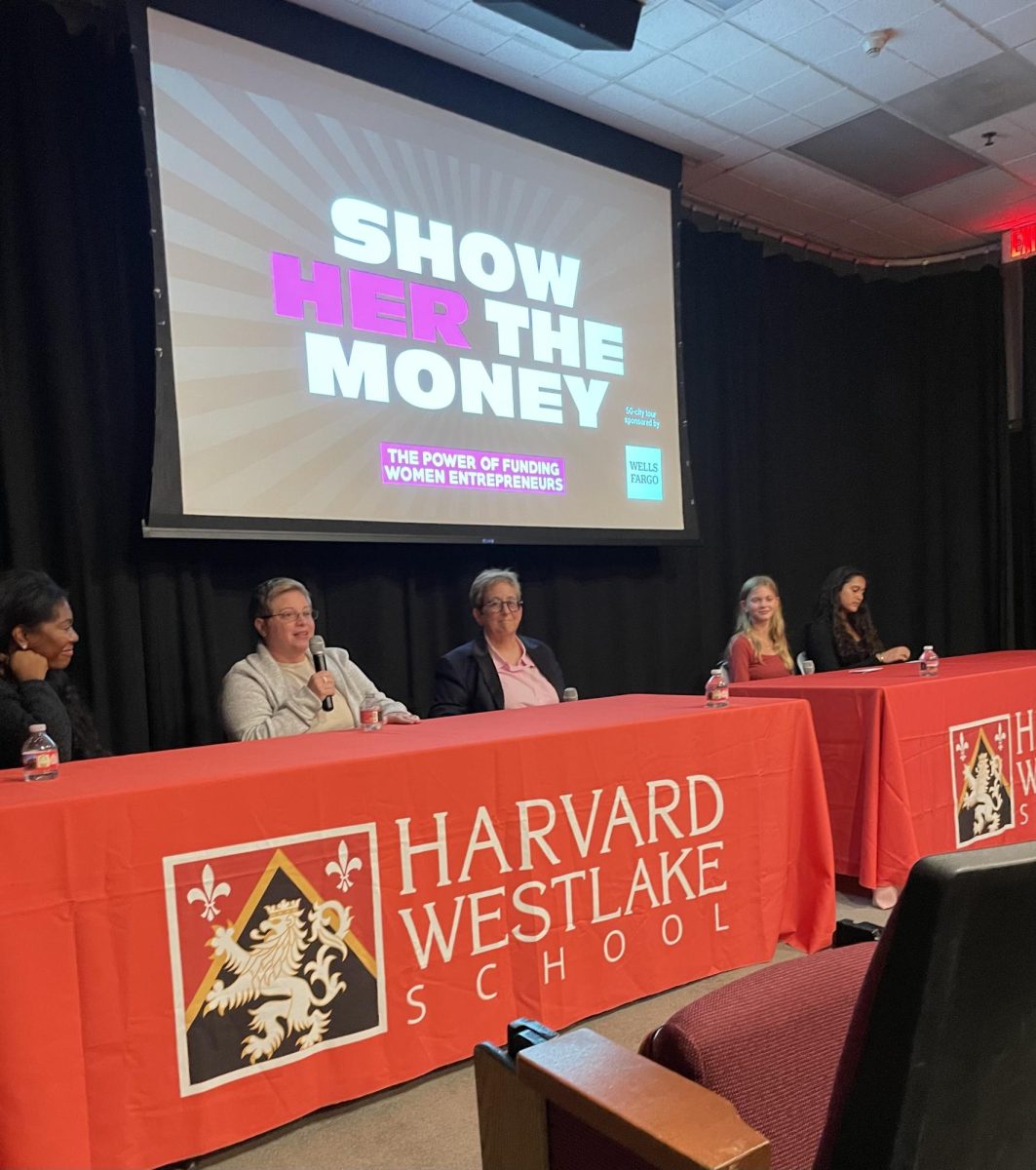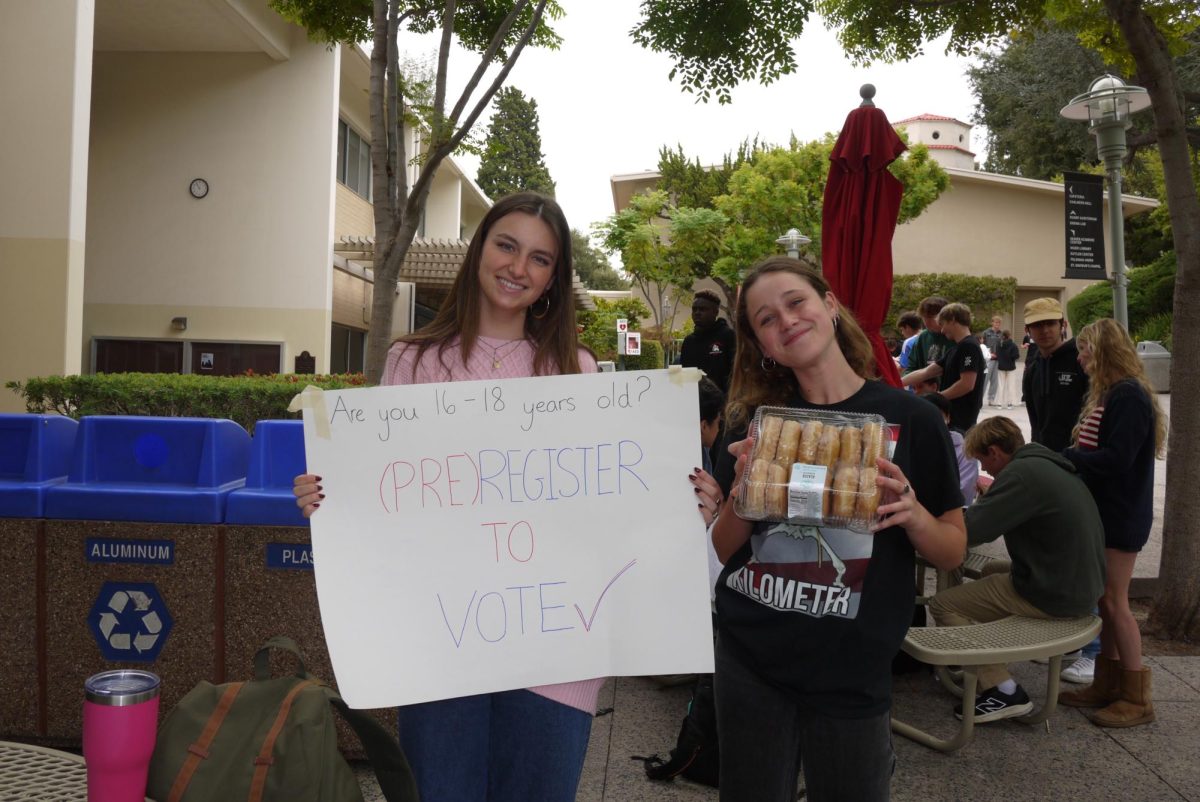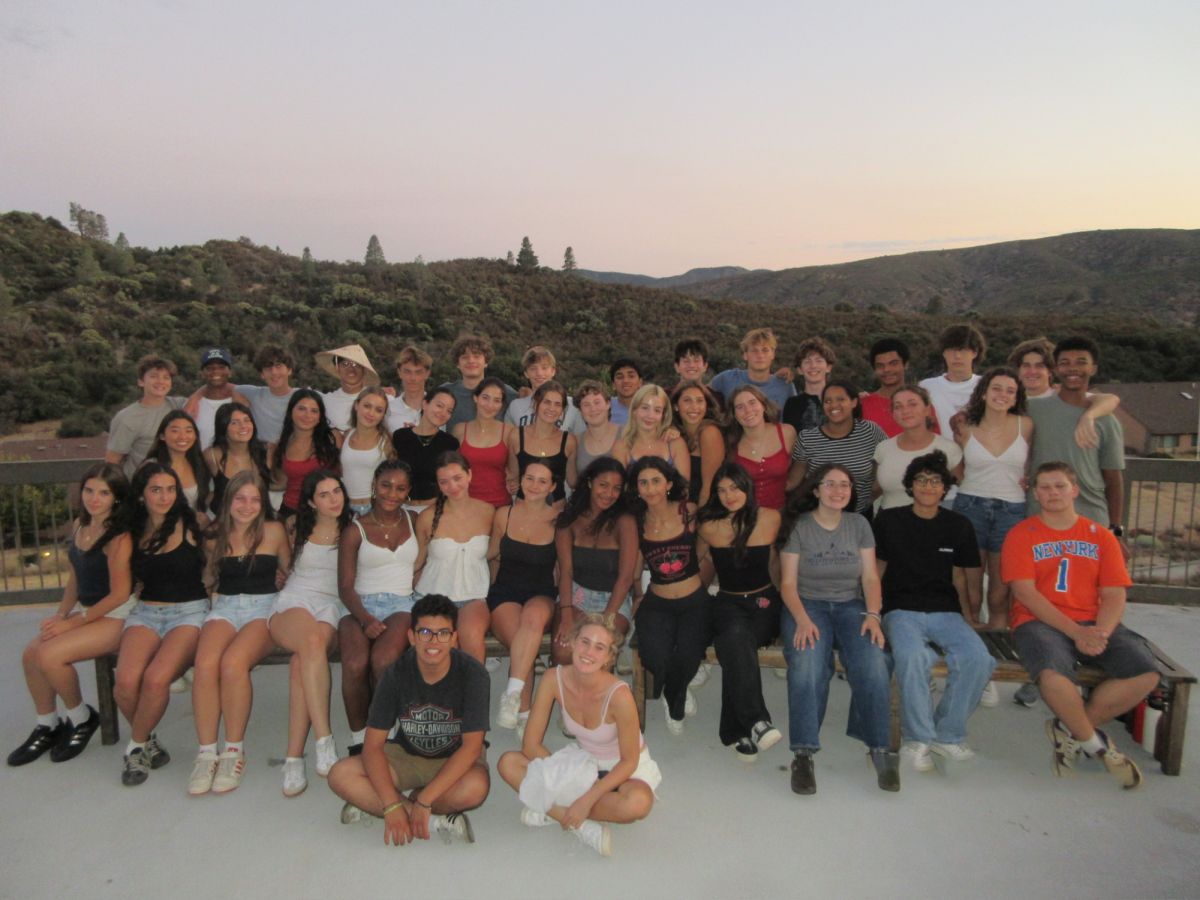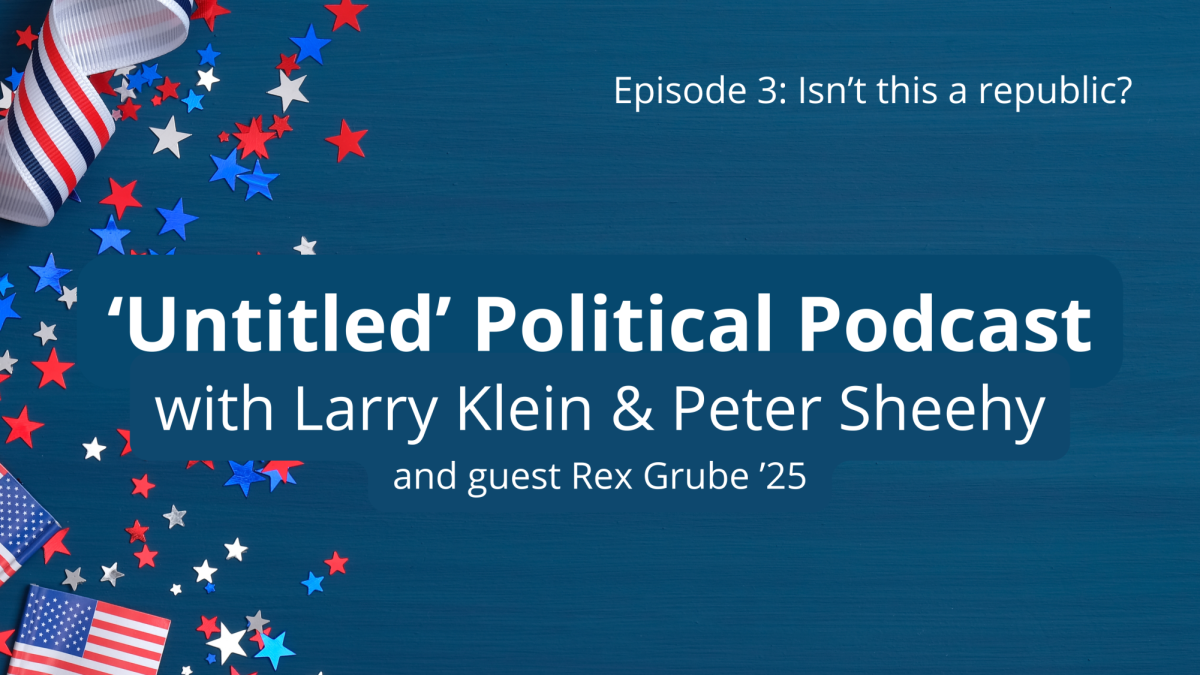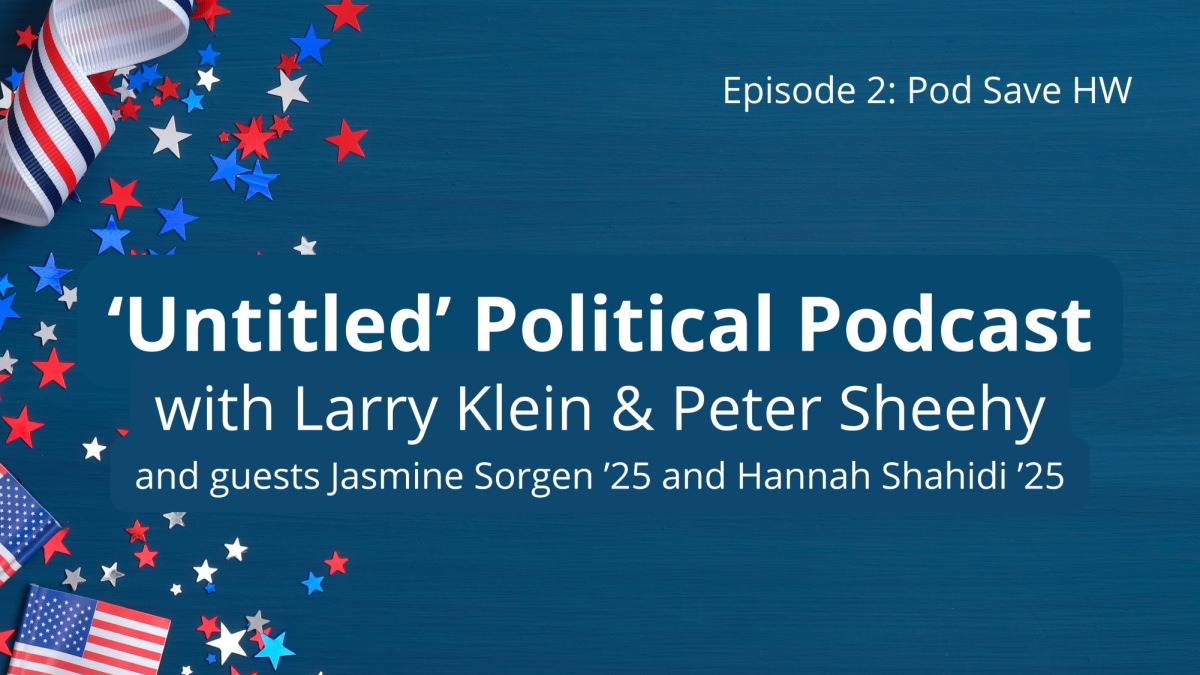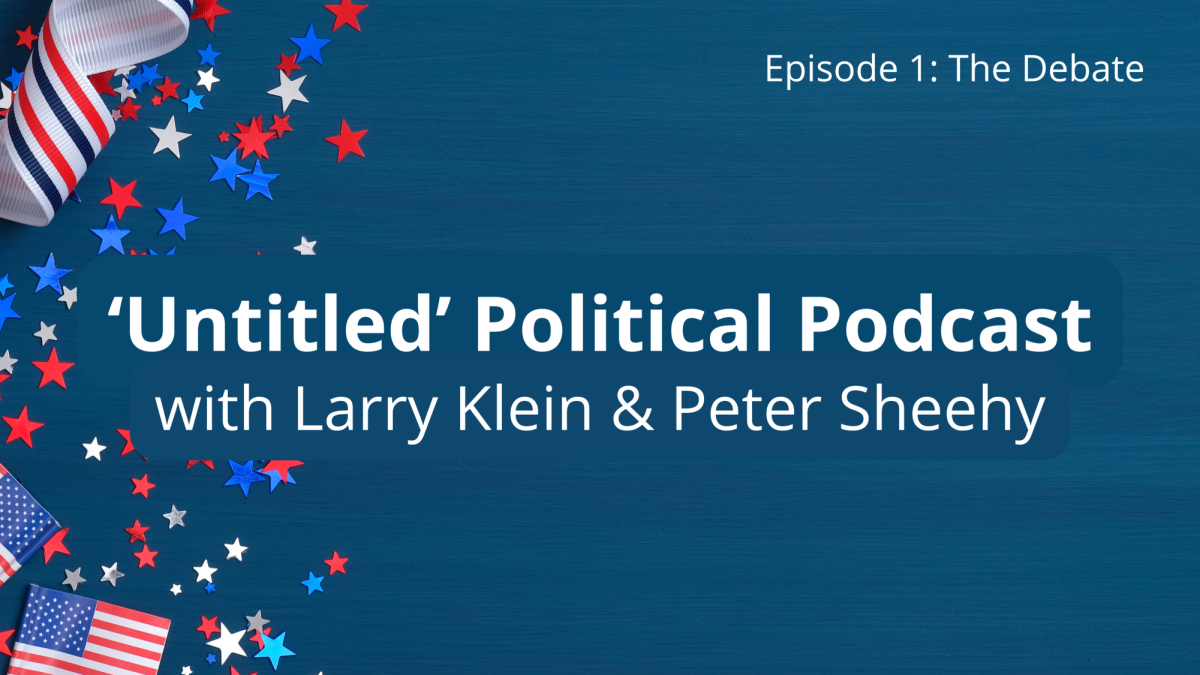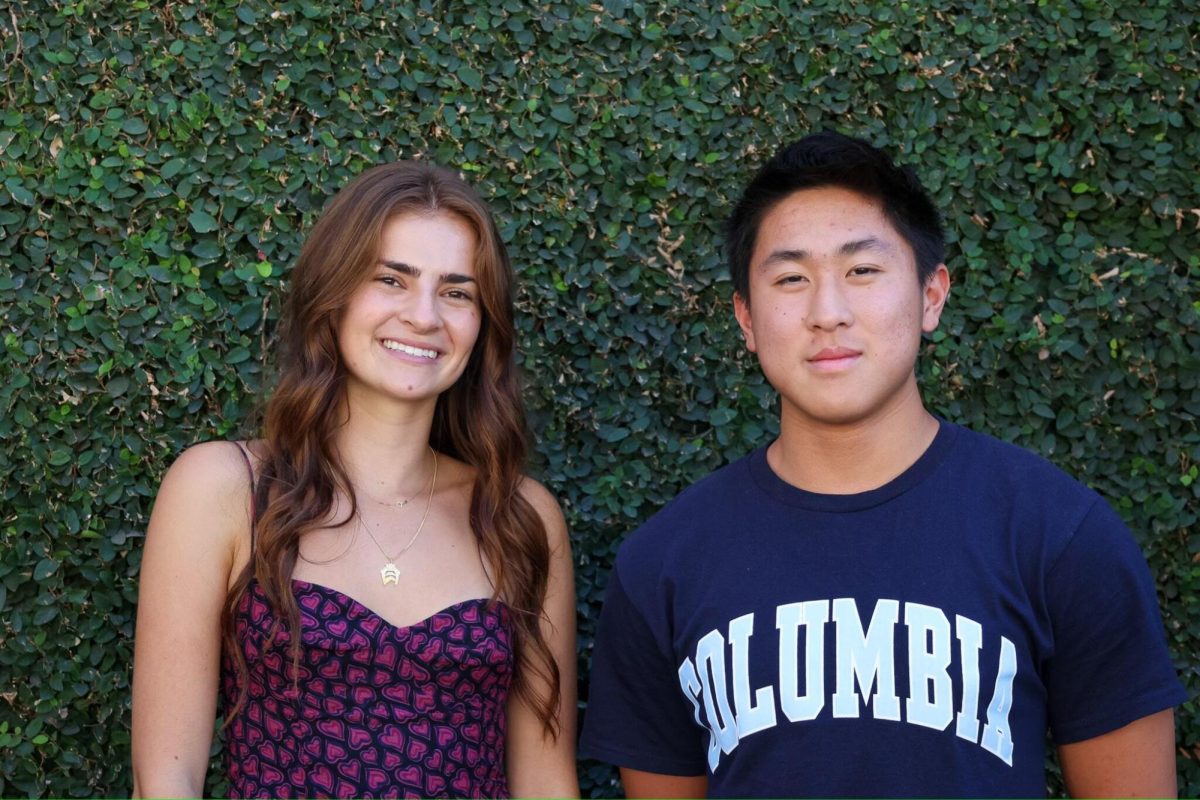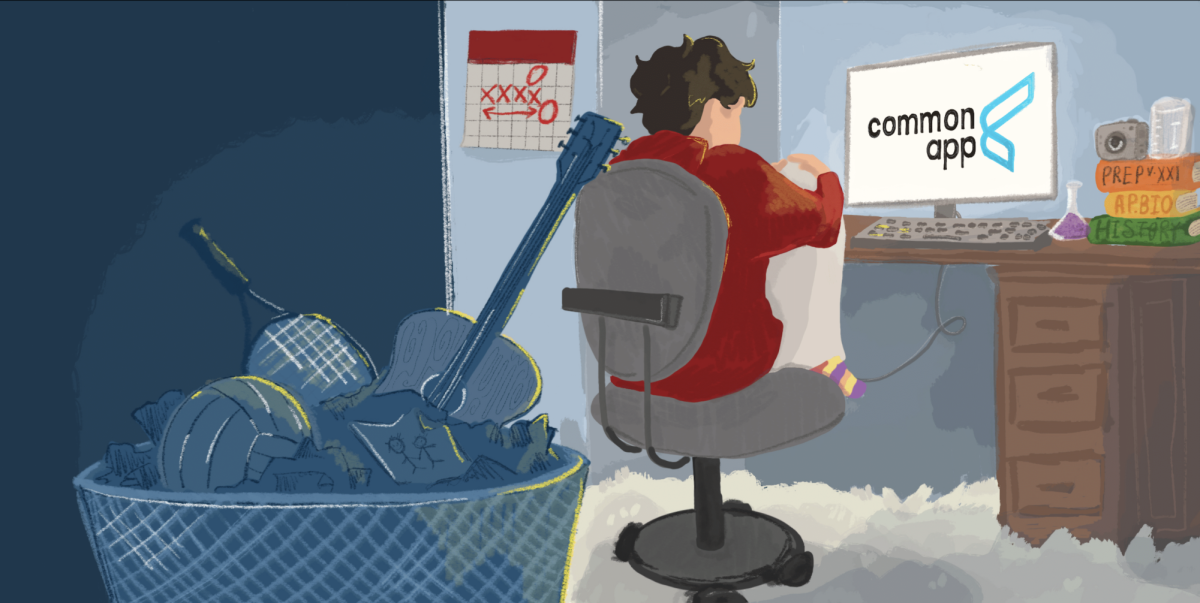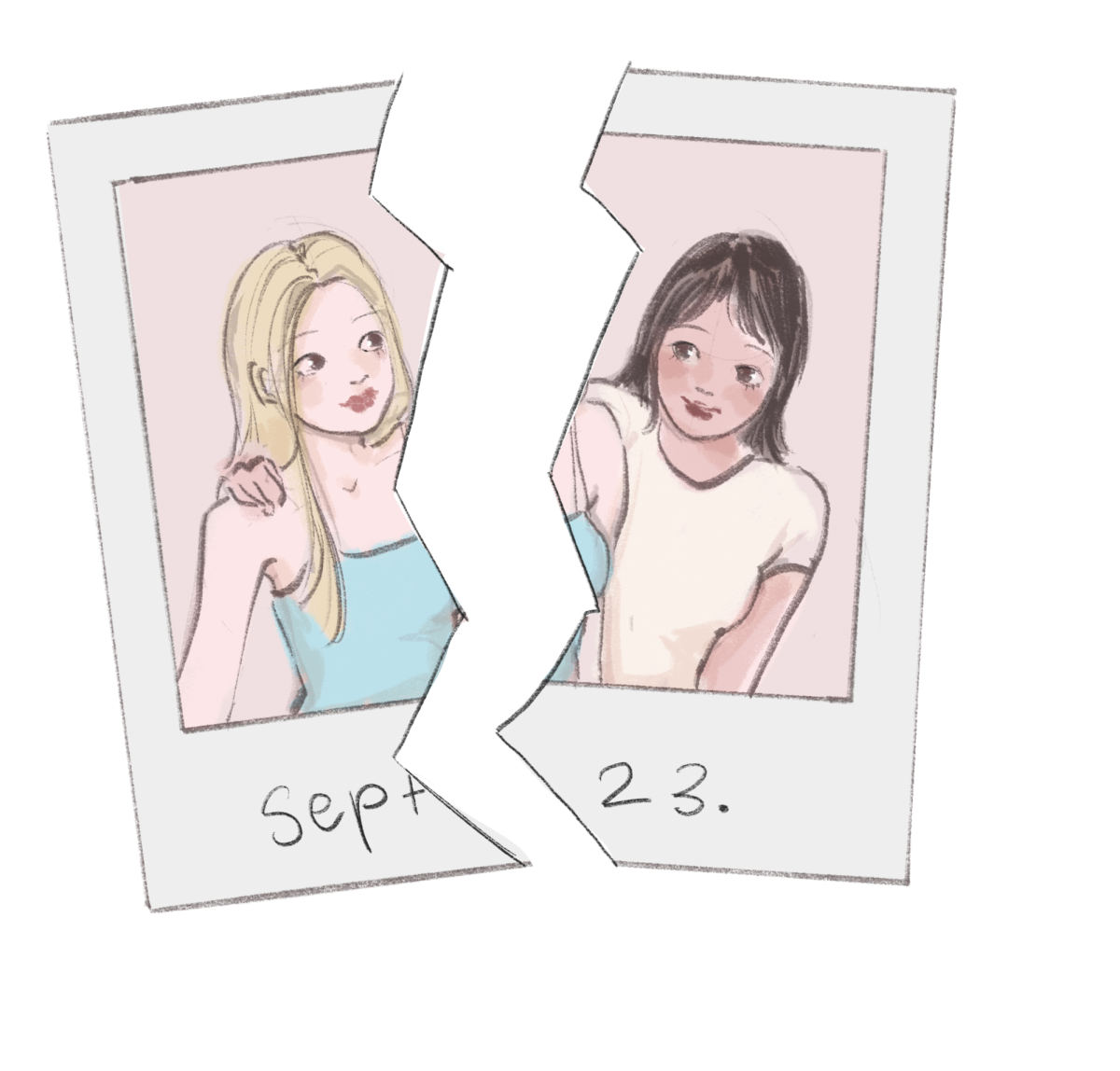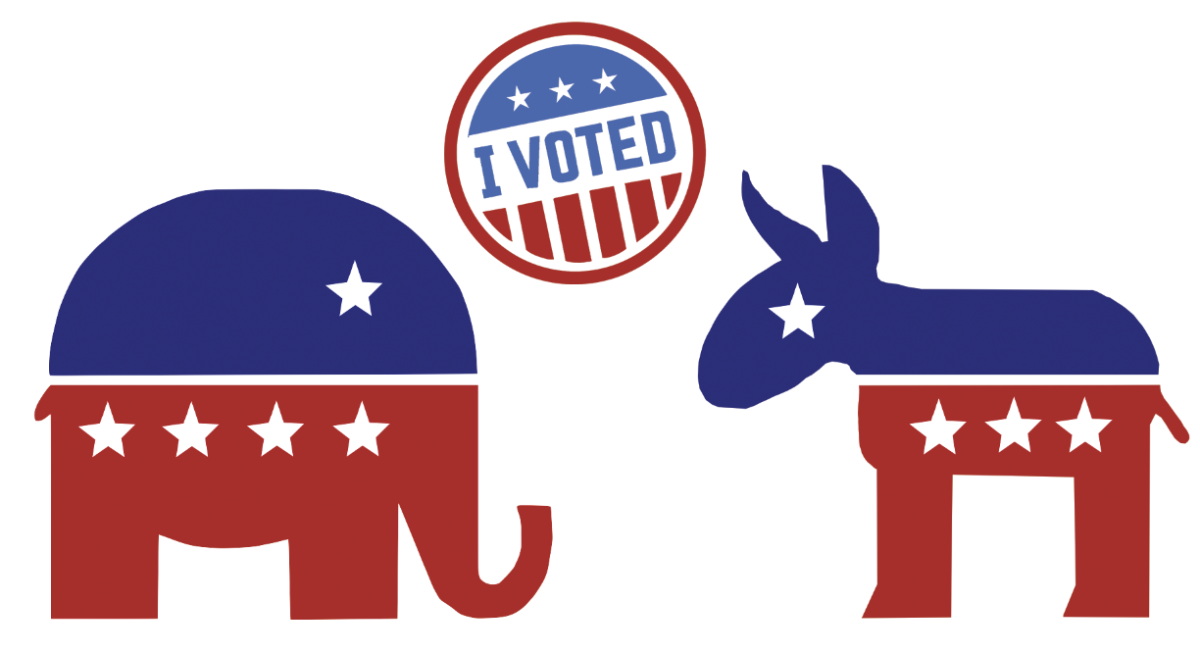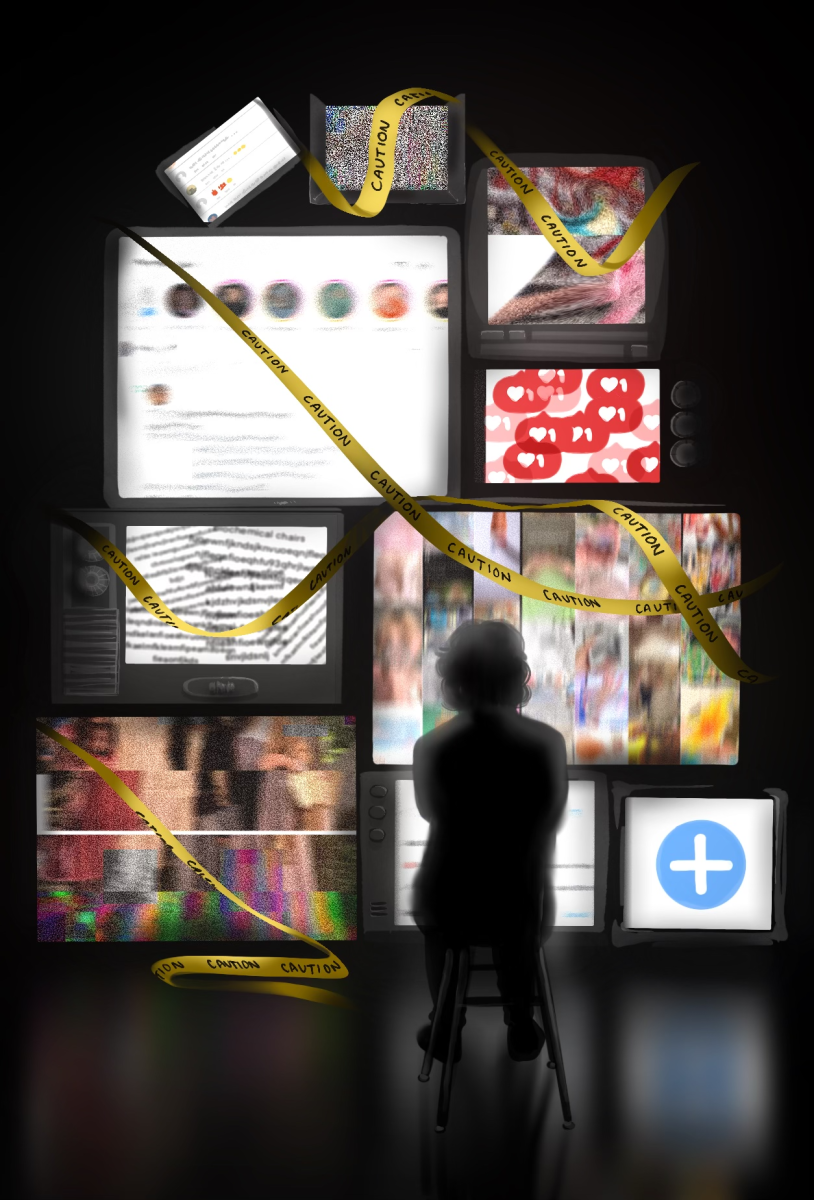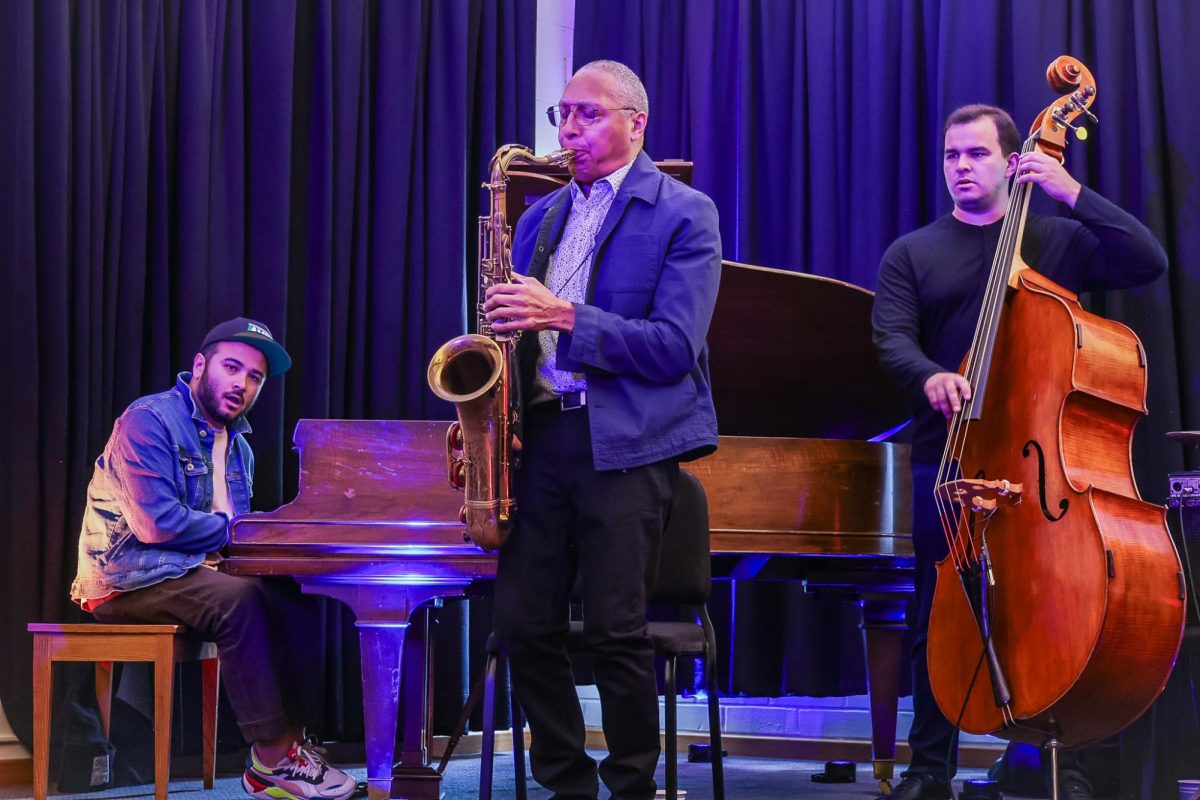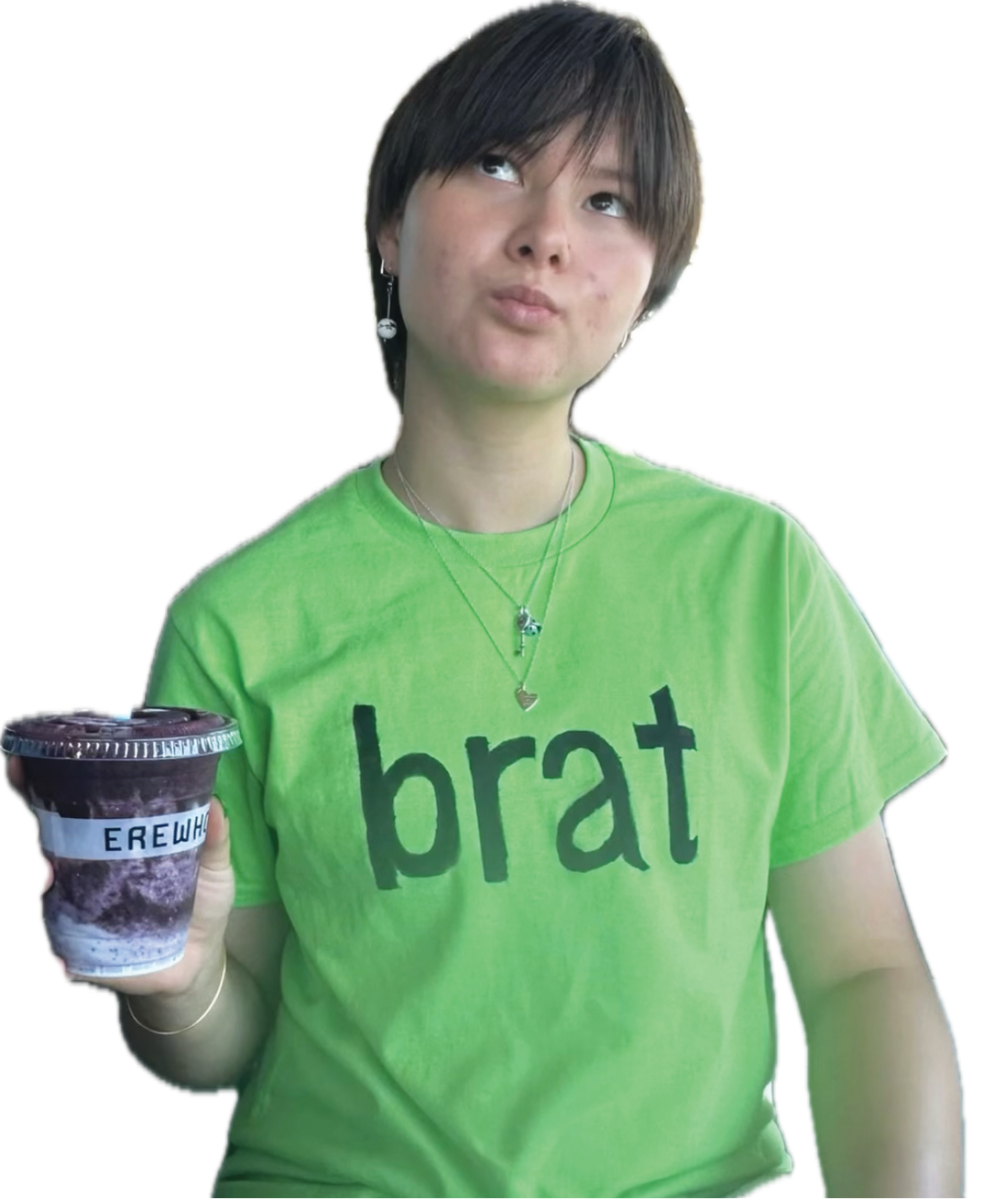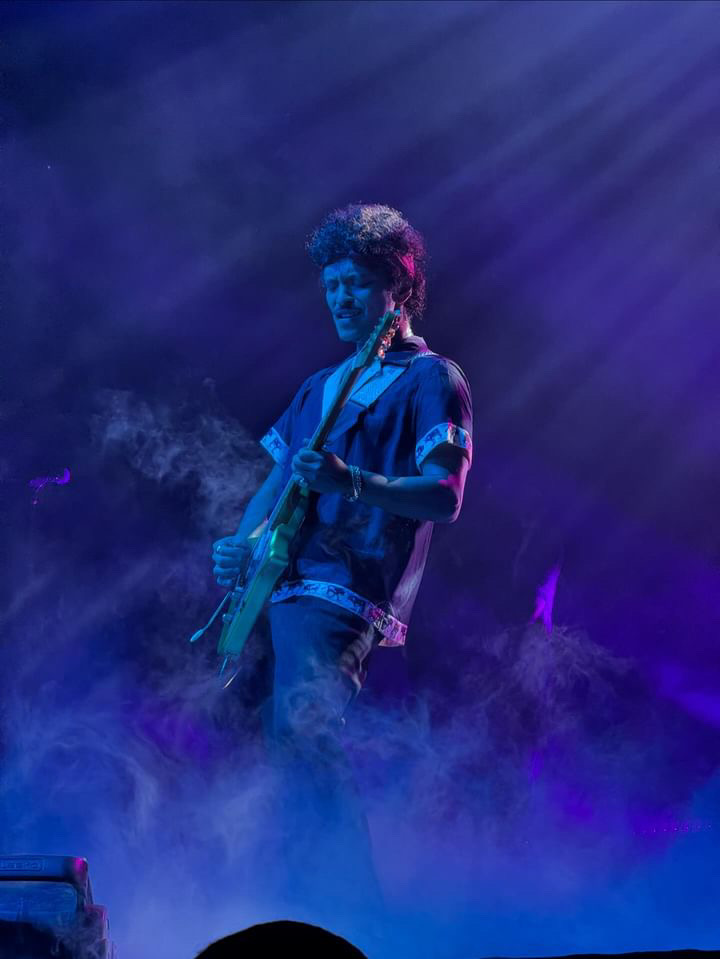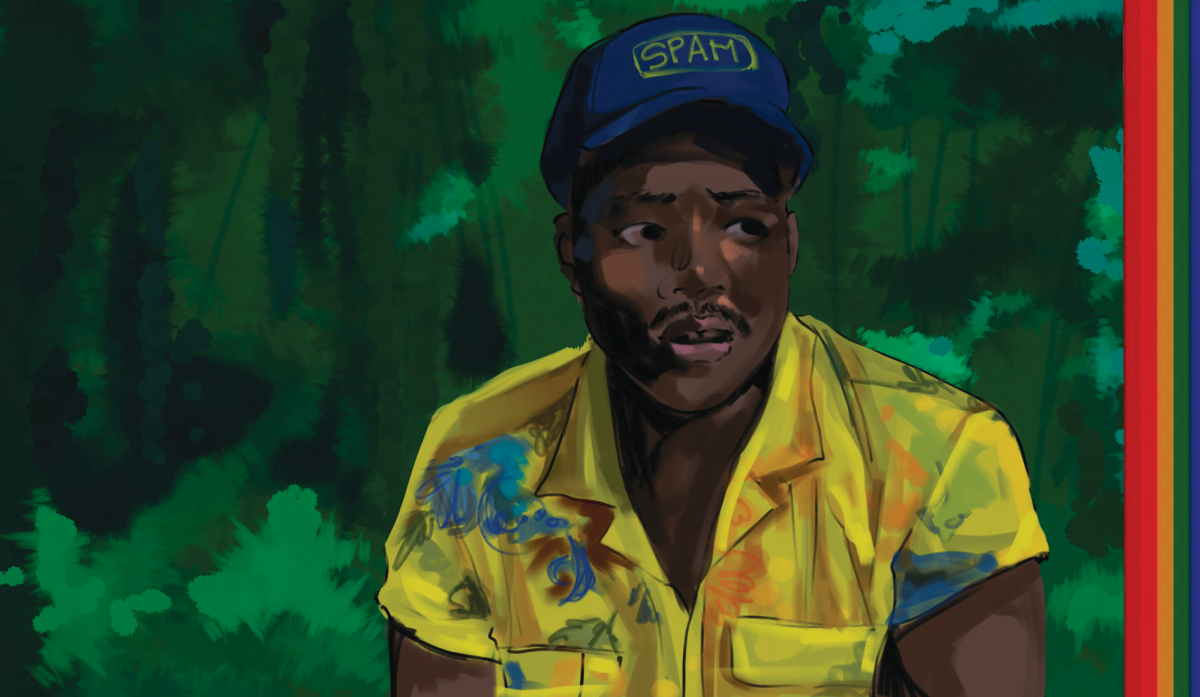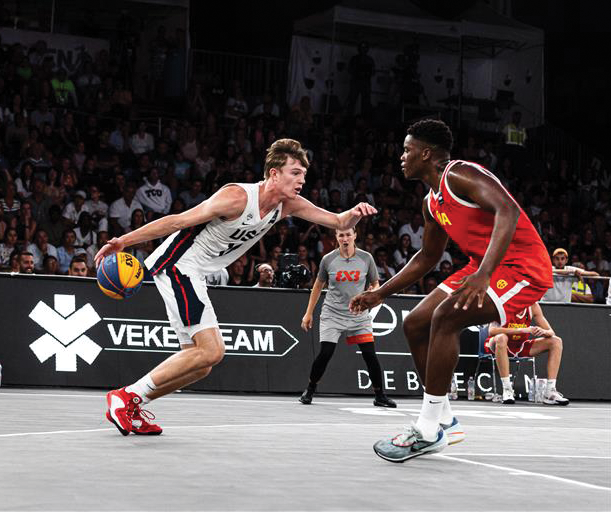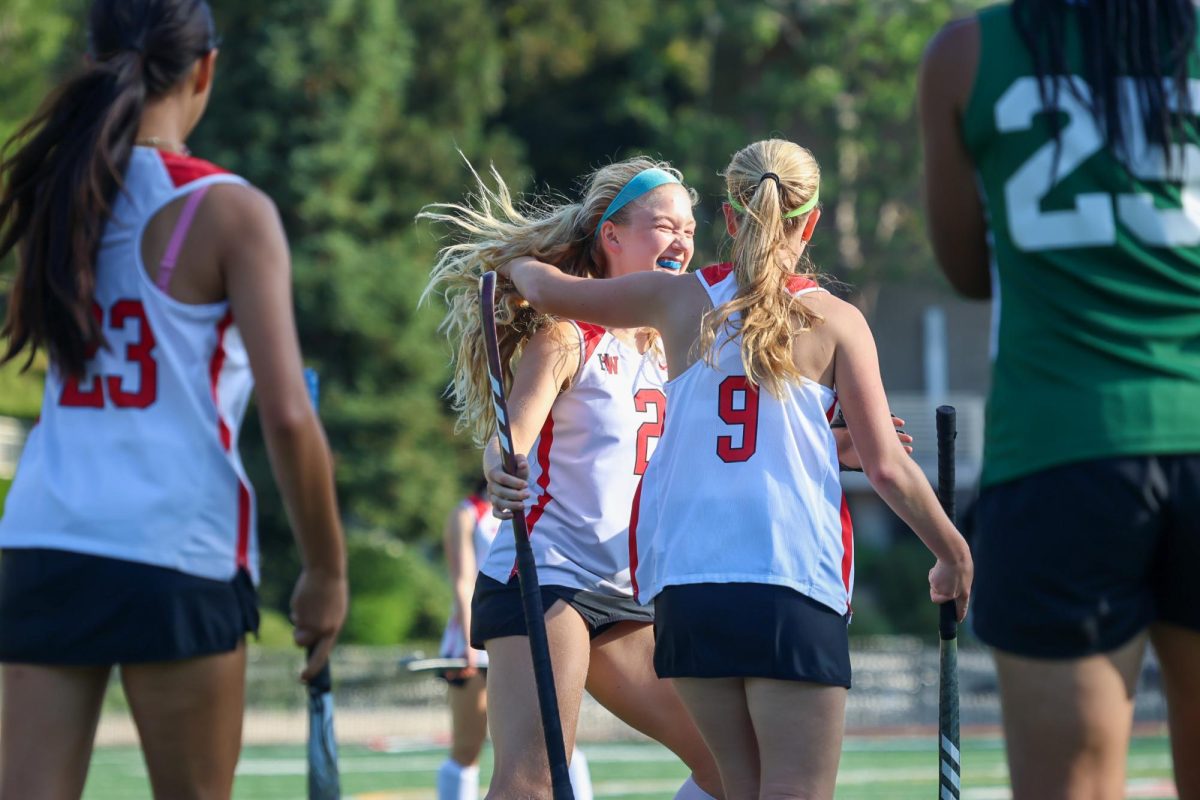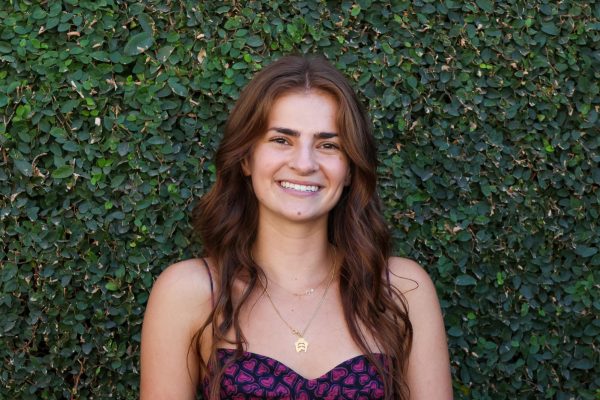In the 1988 case Midler v. Ford Motor Co., actress Bette Midler sued Ford for impersonating her voice in a commercial and won the appeal. The Ninth Circuit Court of Appeals claimed that because a voice is distinctive to an individual, imitating that voice for profit was an encroachment on their identity and could not be used without their consent. In 2023, TikTok user Ghostwriter997 posted “Heart on My Sleeve,” a new song that featured the voices of Drake and the Weeknd, except the song was created by artificial intelligence (AI). Although the song was quickly taken down due to copyright infringement for an identical producer tag , national decisions about what should be deemed copyright infringement in AI remain concerningly vague.
As AI becomes more accurate and accessible, it begins to encroach on one of our world’s most innately creative art forms: music composition . There are benefits to using AI in order to speed up the production process, but the tool is also being used to create “new songs” with existing music. Copyright law bans the ability to copyright music made solely by AI but does not restrict the use of music as a plug-in to AI or the use of voices and AI-generated tunes similar to an existing sound.
Under copyright law, the owner of the copyrighted material is the only individual allowed to produce derivatives of an original work. If an outside party wants to remix the song — or incorporate aspects of the song into a new work — they must gain master use and sync licenses before doing so. AI- generated music is able to evade this requirement because while it uses music that is copyrighted, the resulting song does not technically include any direct copies of the original piece and therefore cannot be at risk for a lawsuit. An AI- generated song would not exist without the input of the copyrighted song. This is not simply someone listening to a song, liking it and subconsciously modeling their own work around it. AI is a technological tool with no creative center of its own and uses an algorithm to copy a song all without infringing on existing copyright law. Thus, the glaring derivative use of an original song by AI needs to be addressed in legislation.
In addition to AI’s ability to plug in songs in order to create music with a similar sound and meaning, it is also capable of using Deep Fakes, which take recordings of an artist’s voice and use it to create new songs. If Midler was able to win a lawsuit over an individual impersonating her voice to make a profit, why should AI be allowed to take a recording of an artist’s voice and make a profitable song? By law, an artist’s voice should be considered a breach of copyright the same way impersonating someone is. Though the words the automated voice is speaking are different, the sound of the voice itself should still belong to the original artist.
The growing use of AI in human life is inevitable, and it can have a positive impact on the music-making industry, but this is only if it is used in a way that doesn’t infringe on people’s personal sound and artistic creations. There is nothing wrong with using a computer generator to reduce the cost or production time of music. Taking someone else’s work, however, and plugging it into a computer to tweak it and call it original is not what music making is about and needs to be restricted by the Copyright Act.

